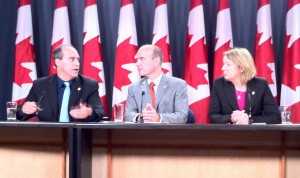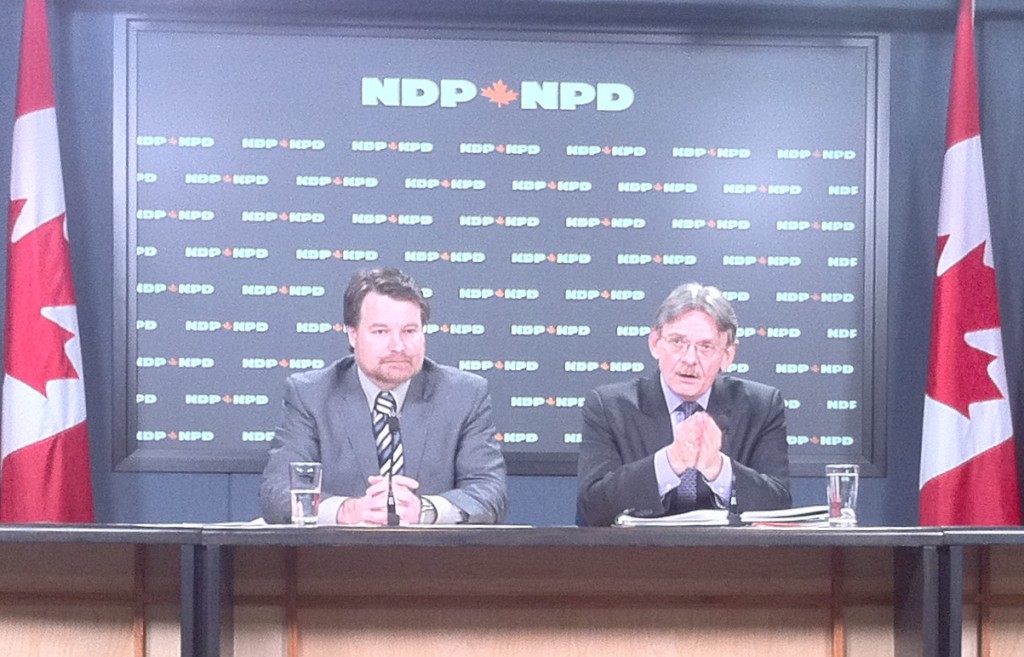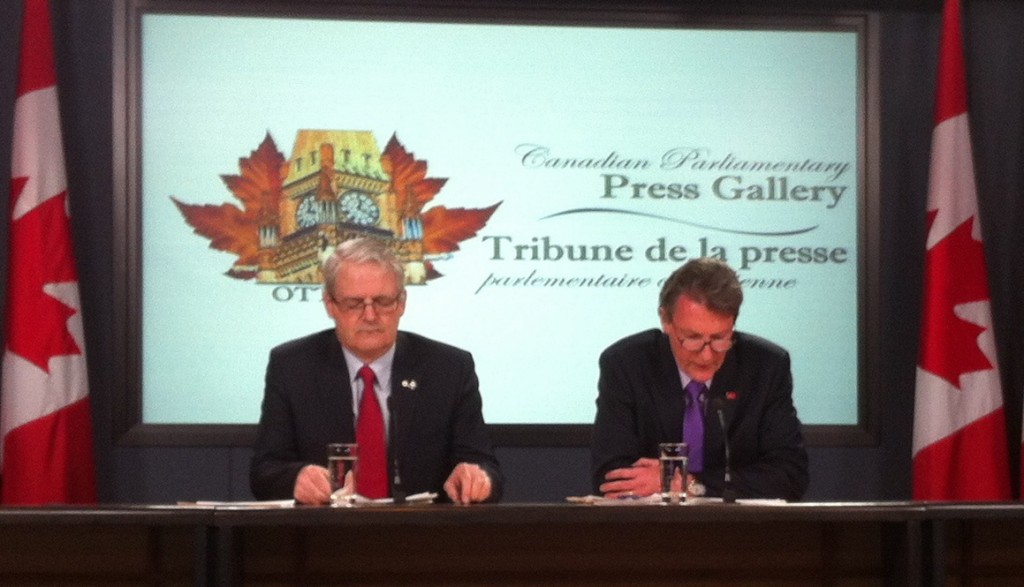It may not be entirely history repeating, but for the second time, the bill to codify the rights of transgendered and transsexual Canadians reached the House of Commons. In its previous incarnation in the previous parliament, it made it through the House of Commons and over to the Senate, however it wasn’t able to make it though before the election was called. In fact, it would have needed the better part of a year to make it through the Senate given that it would have fallen behind a truckload of government law-and-order bills provided that its sponsor, then-NDP MP Bill Siksay, had found a champion for the bill in the Senate, which he never did. (And no, this wasn’t because the Senators were being petulant, but rather that they simply hadn’t been asked).
This time the torch is being carried by new NDP MP Randall Garrison, his party’s new GLBT issues critic, and he led off Second Reading debate thanking the 18 seconders of the bill, pointing to its broad, cross-party support. His speech had a few major points – that “sexual orientation” as a grounds of rights protection does not actually cover trans people, given that many of them identify as heterosexual, and that they need express protection in order to be full participants in society. He went on to outline the two terms at the crux of the bill – gender identity, being a person’s self-conception as being male, female, both or neither as separate from their birth sex; and gender expression, which is the dress, behaviour, speech or mannerisms which reflects one’s conception of their own gender that may differ from their birth sex. Neither term is vague under established jurisprudence, Garrison asserted, nor is the legislation radical, as there are protections in the Northwest Territories and in anti-discrimination policies in Vancouver, Ottawa and Toronto. Not only that, the Human Rights Act review years ago recommended these changes, and we have signed UN conventions, which obligate us to extend those protections.
Garrison outlined three major reasons why trans people need the law: Access to healthcare, protection from violence, and economic inequality. With healthcare, trans people don’t have equal access to gender reassignment surgery, and those who choose not to get surgery face additional complications in receiving timely care. For protection of violence, there are no official statistics as police don’t track transphobic violence, but an Egale Canada survey of queer youth reported a 90 percent rate of transphobic bullying in schools. And as for economic inequality, many trans people face difficulties in finding a job, and retaining one once they begin the process of transitioning.
While at least one Conservative MP, Shelly Glover, indicated she would support the bill, she and Kerry-Lynne Findlay indicated their unease with the lack of definition in the bill for the terms “gender identity” and “gender expression” – never mind that in existing human rights legislation, none of the grounds of protection have included definitions. For her speech, Findlay not only repeated that she wanted the definitions, but stated that the bill itself was unnecessary as Human Rights Tribunals were dealing with trans issues under the category of “sex” just fine.
Rising for the Liberals, Irwin Cotler noted that this debate was taking place on the eve of the thirtieth anniversary of the Charter’s implementation, and talked about the ongoing discrimination that trans people face, and cited a number of court decisions which stated not only that the current laws fail to acknowledge the situations of trans people, but that the lack of protections keeps their situation invisible. And yes, he would be supporting the bill. Garrison’s deputy critic, Dany Morin, used his time to read statements from trans individuals into the record in order to have their voices heard in the debate.
The final speaker for the first hour was Conservative MP Dean Allison rose to express his concerns that the term “gender expression” is just too vague and could cover anything, and that the law was no place to deal with gender norms. As his last point, he raised the unfounded concerns about washrooms, and how “gender identity” was an invitation for sexual predators to hide in women’s washrooms – no matter that such fears have been disproven consistently.
Speaking to Garrison after the debate, he was concerned that the government had given a line, and would be using it to oppose the bill. But I’m not so sure. I was there for the previous bill’s debates and I watched the very same concerns being trotted out by parliamentary secretaries, and the bill passed regardless.
The second hour of Second Reading debate will take place in about six weeks or so.



